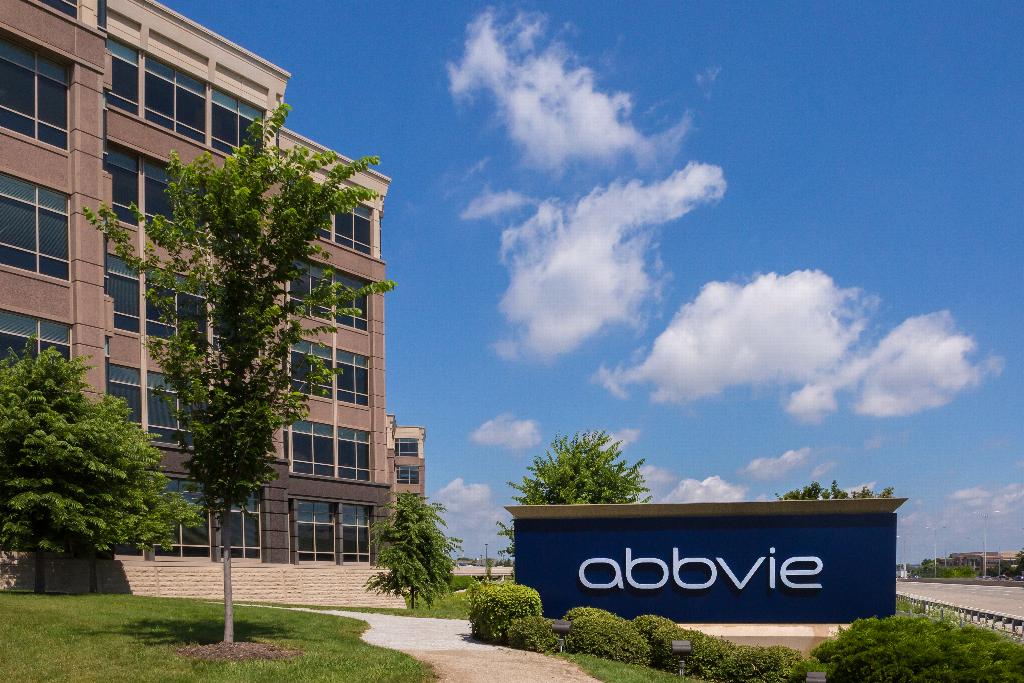AbbVie preps filings after ABBV-951 tops oral Parkinson's drugs in trial

AbbVie has reported that a subcutaneous infusion of Parkinson's disease candidate ABBV-951 was more effective than standard oral therapy in a phase 3 trial, paving the way for regulatory filings.
ABBV-951 is based on foslevodopa and foscarbidopa – delivered via a subcutaneous device once a day – with the aim of providing full 24-hour control of Parkinson's symptoms that can't be achieved easily with oral dosing of levodopa and carbidopa.
The head-to-head trial showed that patients taking ABBV-951 had a statistically significant increase in "on" time without dyskinesia – in other worlds period where the muscle symptoms associated with Parkinson's were controlled without involuntary, uncontrolled movements – at 12 weeks.
There was also a reduction in "off" hours, when Parkinson's symptoms re-emerge, which tend to get longer as the disease progresses, and the tolerability of subcutaneous delivery was generally good with only mild or moderate side effects, according to AbbVie.
If approved, ABBV-951 could be an alternative to oral therapy – whose efficacy tends to fall off over time – as well as sustained delivery approaches such as AbbVie's own Duopa, a form of carbidopa/levodopa delivered in gel form via a gastric tube and pump that requires a surgical procedure.
Duopa is generally reserved for use in people with advanced Parkinson's disease who are still responding well to levodopa-based therapy, but despite its limitations still manages to bring in around $500 million a year. AbbVie sees ABBV-951 as an approach that could significantly expand that market.
In the study, the increase in "on" time without dyskinesia at week 12 was 2.72 hours for ABBV-951 versus 0.97 hours for oral levodopa/carbidopa, with decreases in "off" time of 2.75 hours and 0.96 hours, respectively.
"Patients need more therapeutic options to control their symptoms and troublesome dyskinesia for this debilitating disease," said Jason Aldred, of the University of Washington, a principal investigator of the study.
"These data are promising and demonstrate positive results on a key endpoint used to assess efficacy of treatments for patients with advanced Parkinson's," he added.
AbbVie said full results from the phase 3 study – called M15-736 – will be presented at a future medical meeting or submitted for publication in a peer-reviewed journal.












